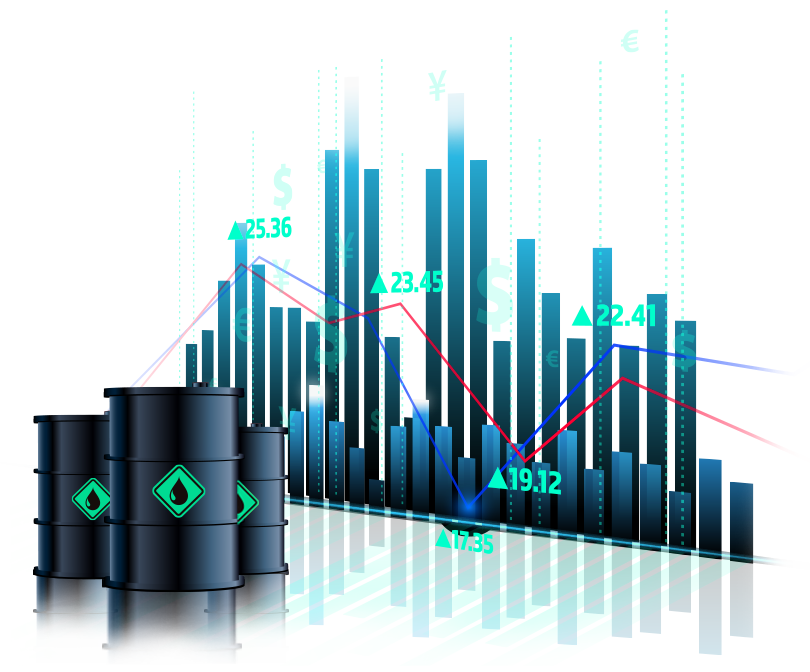What are commodities and how do you trade them?
Find out everything you need to know about commodity trading and how it works – including what commodities are, what moves commodity prices, and the difference between spot and futures prices.

Find out everything you need to know about commodity trading and how it works – including what commodities are, what moves commodity prices, and the difference between spot and futures prices.
Commodities are naturally occurring materials or goods that are collected and processed for use in human activity – such as oil, sugar and precious metals.
They form the basis of our economy, because the raw materials are needed for the production of food, energy and clothing.
Commodities are often mass-produced and standardised for quality and quantity, which means they’re priced the same regardless of who produced them.
Commodities are bought and sold on exchanges, like stocks. Well-known exchanges include the Chicago Mercantile Exchange (CME), New York Mercantile Exchange (NYMEX) and London Metal Exchange (LME).
Choose from over 35 commodities or a range of commodity-linked stocks and ETFs with us.
These are natural resources that are mined or extracted from the earth – such as gold, oil, copper and natural gas
These commodities are grown and harvested – such as coffee, wheat and lumber – or reared, such as hogs and cattle
You may also see commodities divided into more specific categories to account for their different purposes or the processes that are involved in their production. These categories include:
You can get indirect exposure to the commodity market by buying and selling the shares of companies that are involved in the mining, extraction, growth or harvesting of any type of commodity.
The relationship between a commodity and a stock is variable, so it’s important to do your research. Some commodity prices move in opposition to stocks, which makes them a popular way for investors and traders to hedge their portfolios. For example, if there is a problem with the oil supply chain, oil companies will likely suffer in the short term, but the price of oil would rise as demand outstripped supply.
Other commodity prices move in parallel with their corresponding stocks. For example, if the price of gold was going up, then generally so would the price of a mining company.
Exchange traded funds (ETFs) are investment instruments that hold an asset type or basket of assets, such as commodities or stocks. Some ETFs will hold the physical assets they’re invested in – eg a gold ETF could hold a certain amount of gold bullion or coins – while others use more complicated investments to synthetically mimic the underlying market.
Buying and selling ETFs can be a great way to gain exposure to a range of commodities or commodity-linked stocks from a single position.